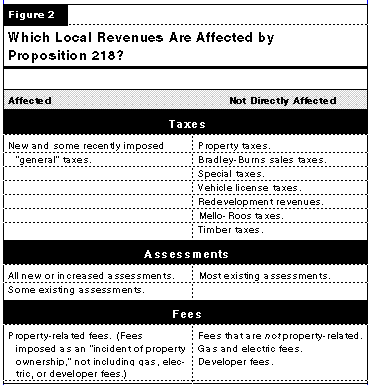Completely Eliminate Property Qualifications For Voting
Modern elections do not have property qualifications. My Country Property Requirements for Voting.
 The Jackson Administration Boundless Us History
The Jackson Administration Boundless Us History
Balancing test applied looking at topography and use.

Completely eliminate property qualifications for voting. Ohio Code 97106 Rule of Equitable Shares. Unfortunately leaving election control to individual states led to unfair voting practices in the US. According to A Constitutional History of the American People 1776-1850 Volume 1 b y Francis Newton Thorpe the landless man it was though could not be trusted Generally our founding fathers considered property as the basis of government.
In 1830 Jackson signed the Indian Removal. Jacksons supporters saw themselves as overthrowing the old aristocratic order in favor of rule by the common man. Pennsylvanias Constitution in 1776 opened the voting franchise for all men who had paid taxes which was less restrictive than the requirement that voters own property.
No new states had property qualifications although three had adopted tax-paying qualifications Ohio Louisiana and Mississippi of which only in Louisiana were these significant and long lasting. In most states property qualifications for voting and officeholding were repealed. In 1966 the Supreme Court extended this prohibition to state elections when it held in Harper v.
President Andrew Jackson champion of frontiersmen helped advance the political rights of those who did not own property. However Tennessee entered with property qualifications. The 1828 presidential election was the first in which non-property-holding white males could vote in the vast majority of states.
Applies to fences built before September 30 2008. White male voters were instead required to pay a tax but this rule was abolished in an amendment of 1826. By the end of the 1820s attitudes and state laws had shifted in favor of universal.
Not have property qualifications for voting but these states had taxpaying qualifications. And voting by voice was largely eliminated. Direct methods of selecting presidential electors county officials state judges and governors replaced indirect methods.
1 it is also usurping the States reserved power to determine procedures for registration of voters. Nickname for the Election of 1828 when Andrew Jackson was elected President. And Ohio Louisiana and Mississippi entered with taxpaying qualifications.
When the Constitution was written only white male property owners about 10 to 16 percent of the nations population had the vote. However New Jersey was the first to remove property and financial qualifications to vote. What states constitution was the only one to sever voting completely from financial considerations eliminating not only property qualifications but the requirement that voters pay taxes PA What constitution no longer required ownership of property but it retained the tax paying qualification.
Jacksons victory was made possible in part by the elimination of property qualifications for voting in many states. However King Charles II specifically directed that a property requirement be adopted for future elections to the House of Burgesses. VOTING QUALIFICATIONS The Constitution of the United States as adopted in 1788 left to each state the power to determine who might vote in state and national elec-tions The states were not prohibited to prescribe voting qualifications based on property ownership payment of taxes or even race or.
1 US Constitution to determine qualifications for votingAnd by perverting Art. Other states allowed anyone who served in the army or militia to vote. Because of these and.
The Twenty-fourth Amendment to the Constitution of the United States which took effect on 23 January 1964 outlawed property qualifications for voting in federal elections by abolishing all poll or other taxes as requirements for voting. At first white men with property were the only Americans routinely permitted to vote. Ohio Code 97103 Property not covered by the Fence Line Law.
It took eight years for the General Assembly to formally comply. Over the past two centuries though the term government by the people has become a reality. Shared responsibility range from 50-50 to 0-100.
Such restrictions were widely used in many nations around the world until the 1800s when a number of Western democracies began striking down limits on voting rights. After the Revolution no new state required property ownership to vote and in older states constitutional conventions in the 1820s and 1830s abolished property qualifications partly because the growing number of wage earners who did not own much property demanded the vote. Jackson supported the common white male also in his policy of opening more land to him at the expense of Indians.
In 1821 the state of New York held a constitutional convention which removed property qualifications for white male voters but introduced for persons of colour a new requirement to own 250 worth of property over and above all debts in order to vote. Vermont was the first state to eliminate all property and taxpaying qualifications for voting. The federal government is usurping the powers of the States expressly retained by Art.
Property qualifications are restrictions on voting rights that limit suffrage to people who own property. By 1790 all states had eliminated religious requirements for voting. Determining Responsibility for a Line Fence.
Consistent with Principles of Republican Government every State in. During the early 1800s states gradually dropped property requirements for voting. One law passed by those burgesses had eliminated the minimum property requirement for voting.
As a result approximately 60. In April 1821 Massachusetts began a movement to remove property requirements for voters. And under Jackson more states lowered their property qualifications for voting and by 1840 the number of white adult males eligible to vote had risen to 78 percent.
Vermont Kentucky and Indiana entered the Union without property or taxpaying qualifications.
Read more »Labels: eliminate, qualifications, voting




